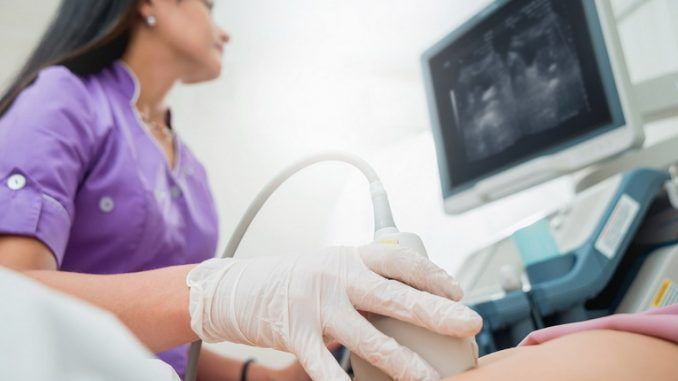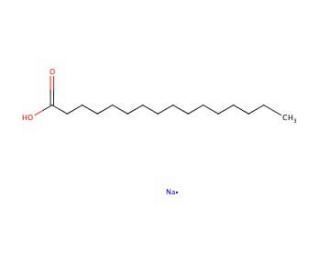Umbilical cord stem cells: all the characteristics
More and more often we hear about cord stem cells, a very interesting topic that sparks so much curiosity. The umbilical cord Is used to bring the mother in contact with her baby so that nutrients can be exchanged. It is an important organ, containing about 60-80 cc of blood in which there is a heterogeneous population of stem cells called cordonals.
Umbilical cord stem cells
Various scientific studies on umbilical cord stem cells have made it possible to learn more about them and identify the different types:
- the mesenchymal cord stem cells, which are capable of generating bone, cartilage, fat and nerve tissue cells, or hematopoietic stem cells, which by differentiating can give rise to bone marrow and blood cells;
- le cordon-like stem cells, which can differentiate into cells of endodermic tissues such as the intestine, mesodermal such as the dermis, and ectodermal such as the spinal cord;
- the endothelial progenitor cord stem cells, which are capable of originating the cells that form blood vessels 1,2 .
Cord stem cells have an anti-inflammatory action that they exert by releasing humoral factors such as prostaglandin E2 4,5 . They are used in regenerative medicine, branch of modern medicine that deals with the regeneration of damaged organs and tissues, offering an’alternative to replacing them. This is due to their differentiative and proliferative capacity.
The autologous transplantation
The autologous transplantation (with cells taken from the patient) has a very high level of efficacy in regenerative medicine. The allogeneic transplantation (cells from a different subject) may expose the patient to immune rejection reactions that could force the patient to undergo targeted therapies for the rest of his or her life. In the case of allogeneic transplantation, it is advisable to use cord blood stem cells because, due to their immunological immaturity, they make possible better engraftment and a Lower risk of rejection compared with stem cells from other tissues 1,3 .
Storage of umbilical cord stem cells is very important for all families and is an option for the treatment of various diseases.
For more information: www.source.com
If you found this article interesting share it in your network!


